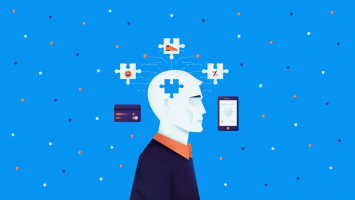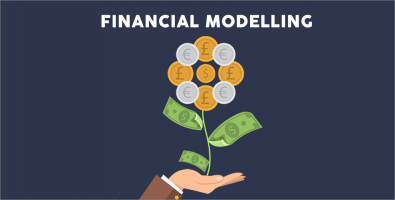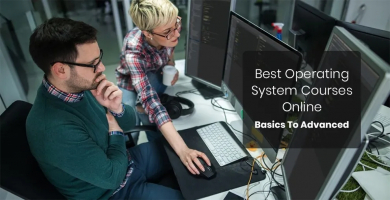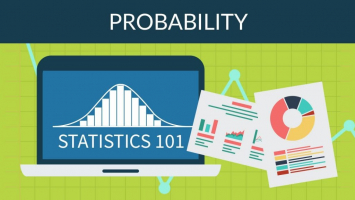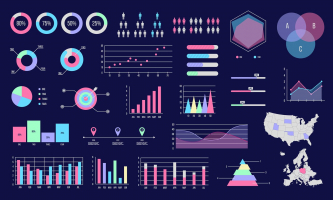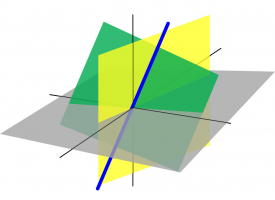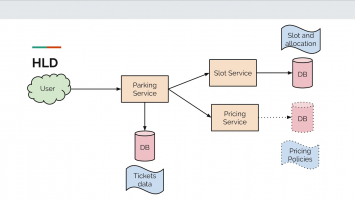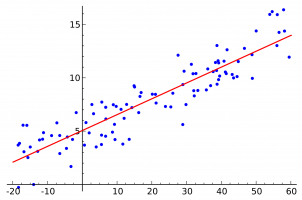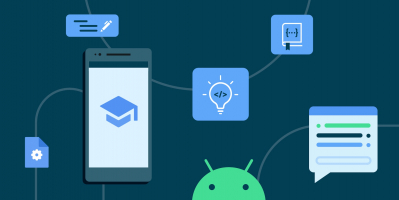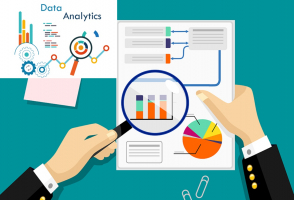Top 10 Best Online Image Processing Courses
Image processing is a method to perform some operations on an image, in order to get an enhanced image or to extract some useful information from it. It is a ... read more...type of signal processing in which input is an image and output may be images or characteristics/features associated with that image. Nowadays, image processing is among rapidly growing technologies. It forms a core research area within engineering and computer science disciplines too. If you are interested in image processing, here are the best online image processing courses that Toplist offers you.
-
On Udemy, this is the most comprehensive, yet simple, course on Image Processing and Computer Vision with Python! This course is for anyone who has never worked with image processing before, knows the basics of Python, or wants to learn the advanced features of scikit-image with Python. You will learn how to use Scikit-image with Python, Jupyter, NumPy, and Matplotlib in this course.
This comprehensive course leaves no stone unturned in teaching you Image Processing with Python with over 100 lectures and over 7 hours of video! This course will teach you Image Processing in a hands-on way, with each lecture accompanied by a programming video and a Jupyter notebook containing Python code! Learn in whatever manner is the best for you!
With a variety of topics, you will learn how to install Python, NumPy, matplotlib, Jupyter, and Scikit-learn on your Windows computer and Raspberry Pi. You'll also get lifetime access to over 100 lectures, as well as the corresponding PDFs, Image Datasets, and Jupyter notebooks!
Who this course is for:
- For engineering students (EEE, CE etc.)
- Interested in Machine Learning(ML)
- Interested in Computer Vision (OpenCV Module) and
- Those Who Want to Learn Python.
Requirements
- Work hard,
- Tenacity and
- Interest.
Course ratings: 4.4/5
Enroll here: https://www.udemy.com/course/basics-of-python-and-image-processing-with-python-opencv/
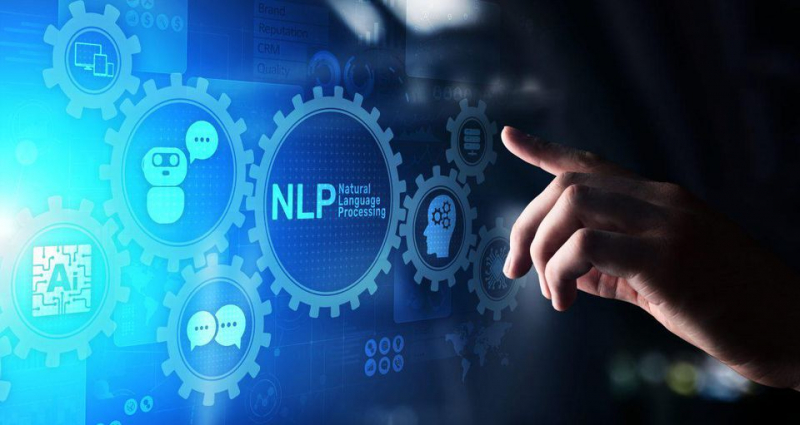
ngoaingucongdong.com 
-
It's a complete Python-based image processing and computer vision boot camp that will tell you how to use Jupyter Notebooks to implement basic image processing and computer vision tasks. This course, best online image processing courses, will teach you how to use Python to perform image processing and computer vision tasks. This means that this course covers all of the important aspects of Keras and Tensorflow (Google's powerful Deep Learning framework), and that if you take it, you won't need to take any other courses or buy books on Python Tensorflow and Keras-based data science.
Unlike other courses, you go over both traditional and data science-focused image processing and computer vision tasks in depth! You will learn to implement both machine learning and deep learning techniques in a hands-on manner after learning the most important image processing and computer vision tasks. You'll get hands-on experience with real-world data and learn how to use and evaluate various data science packages, including Keras.
Who this course is for:
- Students Interested In Getting Started With Image Processing and Computer Vision Applications In The Jupyter Environment
- Students Interested in Learning About the Theoretical Underpinnings of Image Processing and Computer Vision in a Jargon Free Manner.
- Students Interested in Learning the Practical Implementation of Common Image Processing and Computer Vision Tasks in Python
- Students Interested in Implementing Machine Learning Algorithms on Real Life Image Data
- Students Interested in getting Started With Tensorflow and Keras for Deep learning Applications
- Students Interested in Deploying Tensorflow and Keras For On Real Life Image Data
- Students Interested in Harnessing Transfer Learning For Their Own Image Analysis Projects
Requirements
- The Ability To Install the Anaconda Environment On Your Computer/Laptop
- Know how to install and load packages in Anaconda
- Interest in Learning to Process Image Data
- Prior Exposure to Python Programming or Python Data Science Applications Will be Useful
Course ratings: 4.4/5
Enroll here: https://www.udemy.com/course/complete-python-based-image-processing-and-computer-vision/
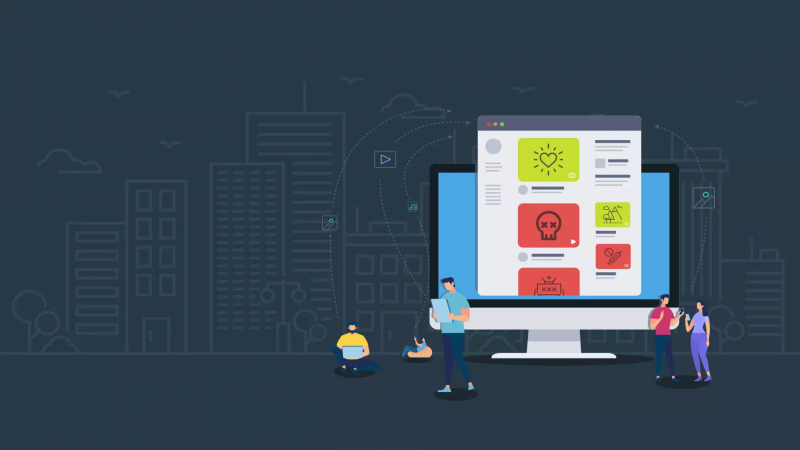
imagga.com 
openaccessgovernment.org -
Beginning with image processing with Python programming and Adobe Photoshop, Image Processing Masterclass in Python For Beginners in 2021 takes you through the entire process. The course then moves on to advanced topics and various career fields in Python programming and Adobe Photoshop, allowing you to gain real-world experience and be prepared for the real world.
This is the only course on the internet that will teach you how to become a certified and successful programmer with a thorough understanding of every aspect of Python programming and prepare you for job interviews and employment as a full-stack software developer.
Emenwa Global instructors are industry experts with years of hands-on experience developing software at leading companies. They're sharing everything they know in order to teach thousands of students around the world, including you, the most in-demand technical and non-technical skills (which are often overlooked) in the most efficient way possible, so you can take control of your life and open up endless exciting new career opportunities in the world of technology, regardless of your background or experience.
Who this course is for:
- Anyone with little to no programming experience
- Anyone who wants to learn to code.
- Anyone who wants to learn programming but doesn't know where to start.
Requirements
- Basic knowledge of python programming is required
- Basic Knowledge of Adobe Photoshop is required
Course ratings: 4.4/5
Enroll here: https://www.udemy.com/course/image-processing-masterclass-with-adobe-photoshop-python-3/

vnexpress.net 
mechdampiitb.github.io -
From art to marketing to politics, images are the most important means of communicating information. In today's world, almost all images are digital. As a result, understanding image processing and digital image processing is critical.
This course, one of the best online image processing courses, will teach you the fundamentals of image processing and graphical user interfaces (GUIs) in a fun and engaging way. Boredom while learning is a waste of everyone's time and energy, and you can only learn if you enjoy what you're learning. This course does not require any prior knowledge of image processing.
It also helps you to improve your MATLAB programming skills. This isn't just about image processing; you'll improve your MATLAB coding and programming skills in areas such as numerical processing, control statements, data manipulation, and more.
You'll need some MATLAB programming experience to get started. If you are completely new to MATLAB, you should first enroll in an introductory MATLAB programming course. You have the necessary knowledge for this course if you are familiar with variables, if-then statements, for-loops, and creating functions.
Who this course is for:
- programmers
- scientists
- engineers
- data scientists
- students
Requirements
- A computer
- Basic MATLAB programming skills
- Access to MATLAB software
- MATLAB image processing toolbox is useful but not required
Course ratings: 4.6/5
Enroll here: https://www.udemy.com/course/improcmatlab/
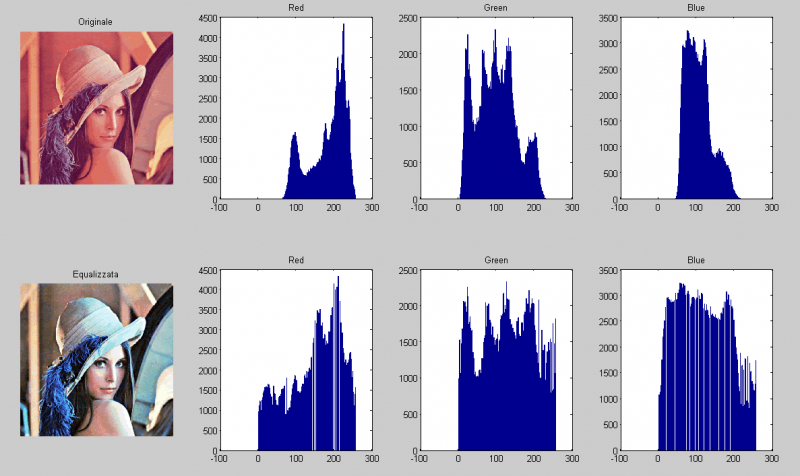
la.mathworks.com 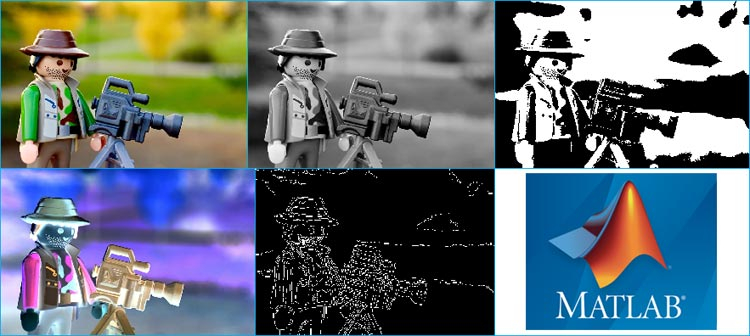
circuitdigest.com -
This course is designed to give you a solid foundation in the most useful aspects of Image Processing in an engaging and easy-to-follow manner, using a programming-based approach. The goal of this course is to present practical techniques while avoiding the stumbling blocks that abstract mathematical theories can present. To accomplish this, image processing techniques are explained in layman's terms rather than being proven correct through mathematical derivations.
To keep things simple, this course is available in a variety of programming languages, allowing students to practice the techniques in the language of their choice. The C programming language is used in this version of the course.
You should be able to develop the 2-D Discrete Convolution algorithm in C, develop Edge-Detection Algorithms in C, develop Spatial Filtering Algorithms in C, compute an Image Histogram and Equalize it in C, develop Gray Level Transformation Algorithms, suppress noise in images, understand all about operators such as Laplacian, Sobel, Prewitt, Robinson, and even give a lecture on image processing by the end of the course.
Who this course is for:
- If you are an absolute beginner to image processing , then take this course.
- If you are a seasoned programmer and want to get a quick guide to developing image processing algorithms in C, then take this course.
- If you are a university student taking the theory of image processing in school, then take this course to learn how the theory is applied practically
Requirements
- No programming experience needed - you will be taught everything you need to know
- No paid software required - all programs will be created using CodeBlocks which is FREE
- Download and install CodeBlocks
Course ratings: 4.4/5
Enroll here: https://www.udemy.com/course/image-processing-from-ground-uptm-in-c/

mygreatlearning.com 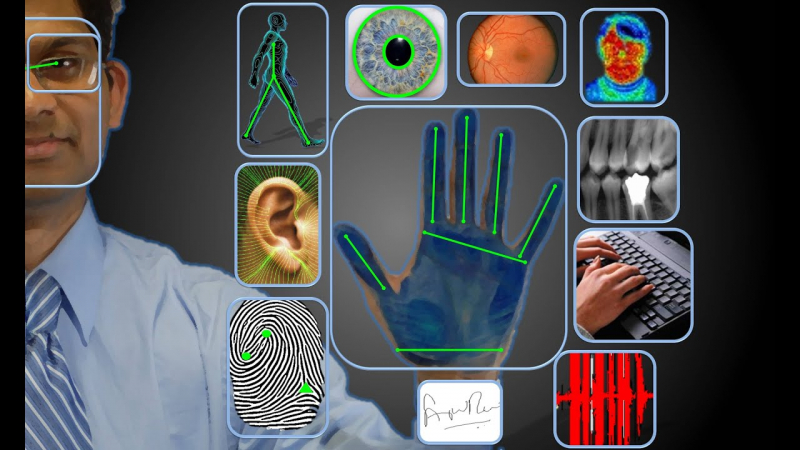
youtube.com -
Image processing is a technique for applying operations to an image in order to improve it or extract useful information from it. Don't be intimidated by all those technical terms; you'll walk you through the basics. So, you're interested in learning more about Image Processing? If that's the case, then this self-paced course is for you!
This course has been designed to allow the instructors to share their knowledge while also assisting you in learning complex theories, techniques, and concepts in a straightforward manner. It's ideal for all of you self-taught students out there!
You'll enter the world of image processing for the first time. You'll learn new skills and gain a better understanding of the subject with each tutorial. To make the learning process more interactive, the course has provided lectures with notes and assignments. While preparing for this course, special care was taken to ensure that the concepts were presented in a fun and exciting manner while also delving deeply into Image Processing.
Who this course is for:
- Students who want to study the domain in less than 2 hrs.
- Students, Researchers and faculty who are interested in learning Image Processing and its techniques.
- Technologists who are curious about how the images are handled and worked upon.
- People who want to brush up their basics.
Requirements
- Basic knowledge of matrix multiplication and basic arithmetic and logical operations.
Course ratings: 4.0/5
Enroll here: https://www.udemy.com/course/digital-image-processing-operations-and-applications/
canto.com 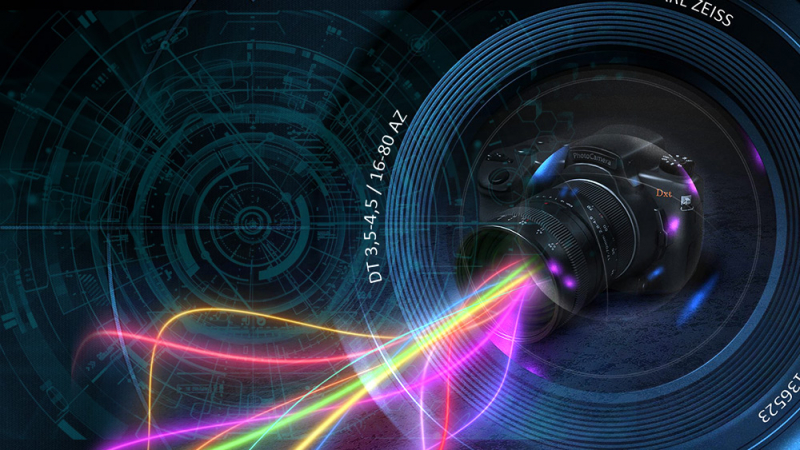
einfochips.com -
One of the most exciting areas of Machine Learning and AI is Computer Vision. It can be used in a variety of fields, including self-driving cars, robotics, augmented reality, and much more. This beginner-friendly course will teach you about computer vision and its various applications in a variety of industries.
You'll use Python, Pillow, and OpenCV to perform basic image processing, including image classification and object detection, as part of this course. This is a hands-on class with a variety of labs and exercises. Jupyter Labs will be combined with Computer Vision Learning Studio (CV Studio), a free computer vision learning tool. You can upload, train, and test your own custom image classifier and detection models with CV Studio. You will create your own computer vision web app and deploy it to the cloud at the end of the course.
No prior knowledge of Machine Learning or Computer Vision is required for this course. However, some familiarity with the Python programming language as well as high school math is required.
Who this course is for:
- Anyone interested in Data Science, Computer Vision or Artificial Intelligence
- Beginners who wants to start with Python Computer Vision using OpenCV
- Anyone interested to build computer vision applications
- Anyone who wants to level up in programming this year
- Anyone who wants to advance his/her career in python programming
Requirements
- Basic Python programming knowledge
Course ratings: 4.7/5
Enroll here: https://www.udemy.com/course/computer-vision-in-python-face-detection-image-processing/
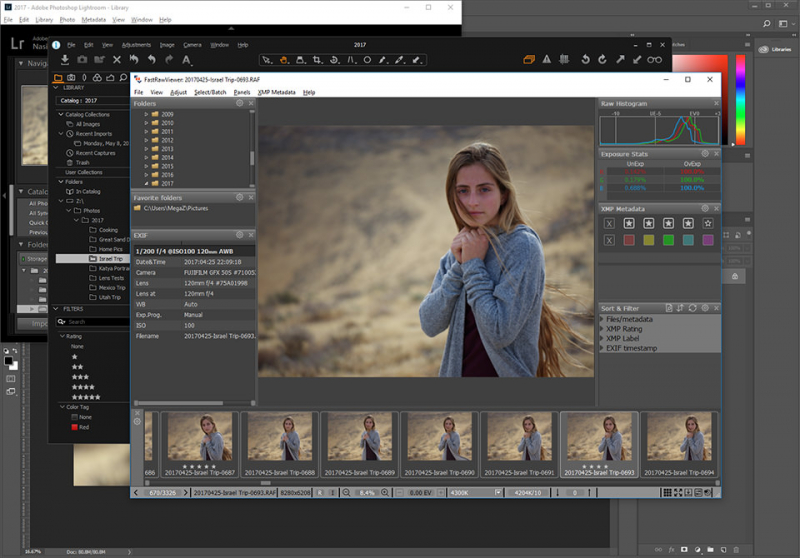
photographylife.com 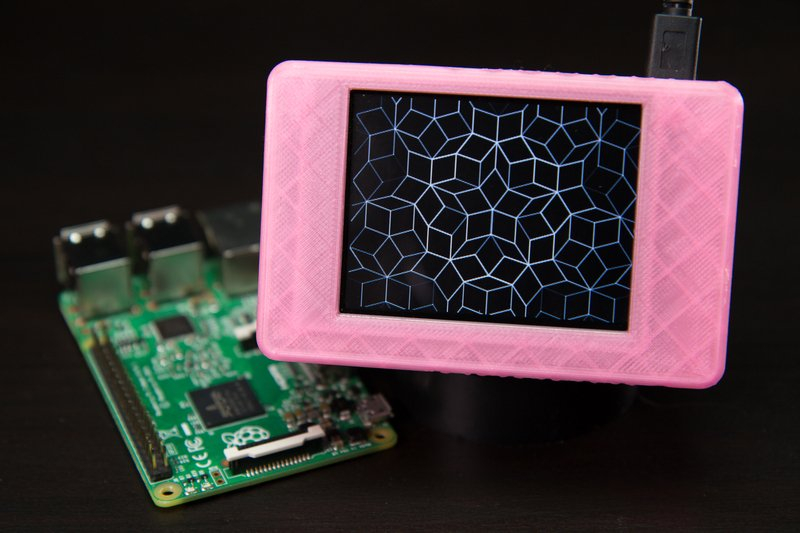
learn.adafruit.com -
This course is created to give you a strong foundation in the most useful aspects of Image Processing in an engaging and easy-to-follow way, using a programming-based approach. The purpose of this course is to present practical techniques while avoiding the stumbling blocks that come with abstract mathematical theories. To accomplish this, image processing techniques are explained in layman's terms rather than being simply proven correct through mathematical derivations.
To keep it simple, this course is available in a variety of programming languages, allowing students to put the techniques into practice in the language of their choice. The programming language Matlab is used in this version of the course.
By the end of the course, you should be able to perform 2-D Discrete Convolution with images in Matlab, perform Edge-Detection in Matlab, compute an Image Histogram and Equalize it in Matlab, perform Gray Level Transformations, suppress noise in images, understand all about operators like Laplacian, Sobel, Prewitt, Robinson, and even give a lecture on image processing, among other things.
Who this course is for:
- If you are an absolute beginner to image processing , then take this course.
- If you are a university student taking the theory of image processing in school, then take this course to learn how the theory is applied practically.
Requirements
- No programming experience needed - You'll learn everything you need to know
- No paid software required
Course ratings: 4.4/5
Enroll here: https://www.udemy.com/course/matlab-digital-image-processing-from-ground-uptm/
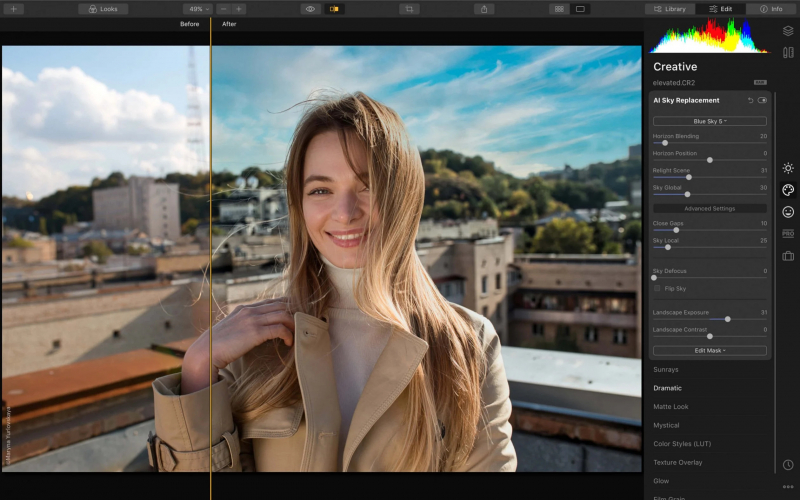
skylum.com 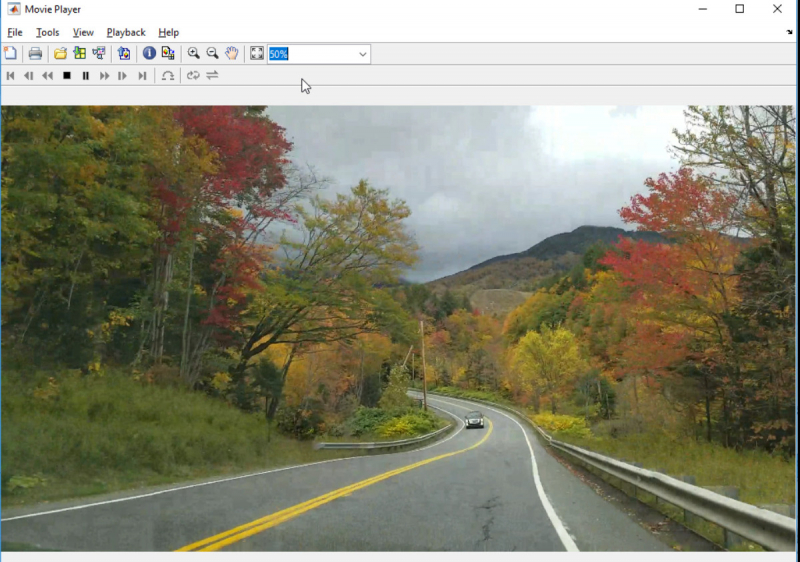
mathworks.com -
Learning the fundamentals of image processing gives you access to a powerful and useful tool. Computer Vision in LabVIEW is simple to learn, comes with excellent documentation, and can be used to prototype a wide range of vision-based algorithms. Image processing jobs are plentiful, and learning computer and machine vision will provide you with a strong foundation for learning other computer vision tools such as OpenCV, Matlab, SimpleCV, and others.
This 26-lecture course, with over 4 hours of content, is designed for beginning programmers who want to learn all about Computer Vision and gain a solid understanding of the concepts behind Image Processing Algorithms. This course will take you through the main and fundamental Image Processing tools used in industry and research, starting with the installation of the LabVIEW Vision Development Toolkit.
With these basic and advanced algorithms mastered, the course will take you through the basic operation of the theory behind each algorithm as well as how they are applied in real world scenarios. Each chapter concludes with exercises in which you will create your own vision-based apps, allowing you to put your newly acquired skills to immediate use.
Who this course is for:
- Those who want to learn Image Processing and Computer Vision
- Those who are tired of complex coding with OpenCV, Matlab and Python
- Those who are fascinated with image processing and computational intelligence as well as AI
Requirements
- A computer or laptop - With Window 7 or later, > 2Gb of RAM (4Gb Reccomended) , 1.5Ghz Processor or higher (Multicore Core 2Ghz processor Recommended).
- LabVIEW licence if possible or can use trial license
- Have an internet connection to download LabVIEW
- Basic LabVIEW experience is required
Course ratings: 4.1/5
Enroll here: https://www.udemy.com/course/learn-computer-vision-machine-vision-and-image-processing-in-labview/

pexels.com 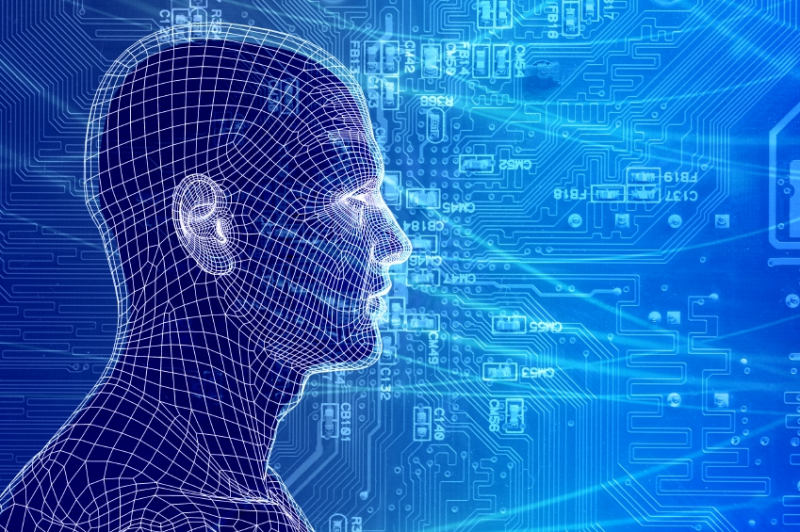
sensip.engineering.asu.edu -
This course is designed to provide you with a solid foundation in the most useful aspects of Image Processing in an engaging and easy-to-follow manner, using a programming-based approach. This course's goal is to present practical techniques while avoiding the pitfalls of abstract mathematical theories. To accomplish this, image processing techniques are explained in layman's terms rather than being mathematically proven to be correct.
This course is available in a variety of programming languages, allowing students to practice the techniques in their preferred language. The C++ programming language is used in this edition of the course.
You should be able to develop the 2-D Discrete Convolution algorithm in C++, develop Edge-Detection Algorithms in C++, compute an Image Histogram and Equalize it in C++, develop Gray Level Transformation Algorithms, suppress noise in images, understand all about operators such as Laplacian, Sobel, Prewitt, Robinson, and even give a lecture on image processing by the end of the course, and much more.
Who this course is for:
- If you are an absolute beginner to image processing , then take this course.
- If you are a seasoned programmer and want to get a quick guide to developing image processing algorithms in C++, then take this course.
- If you are a university student taking the theory of image processing in school, then take this course to learn how the theory is applied practically.
Requirements
- No programming experience needed - the instructor will teach you everything you need to know
- No paid software required - all programs will be created using CodeBlocks which is FREE
- You'll walk you through, step-by-step on how to download and install CodeBlocks
Course ratings: 4.1/5
Enroll here: https://www.udemy.com/course/image-processing-from-ground-uptm/
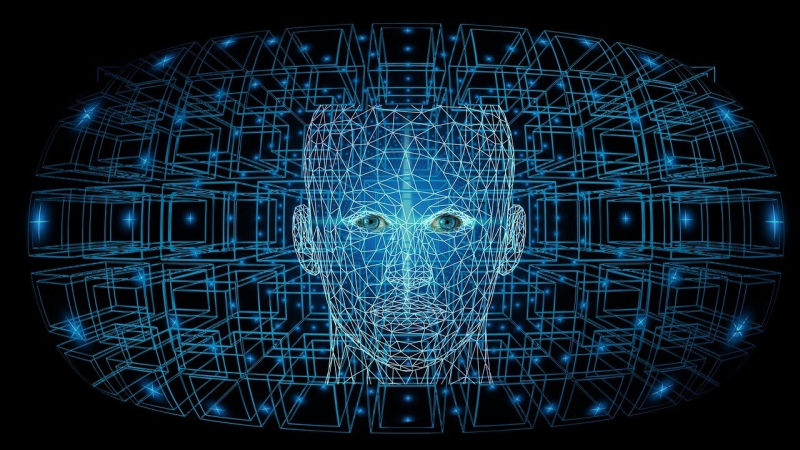
skyfilabs.com 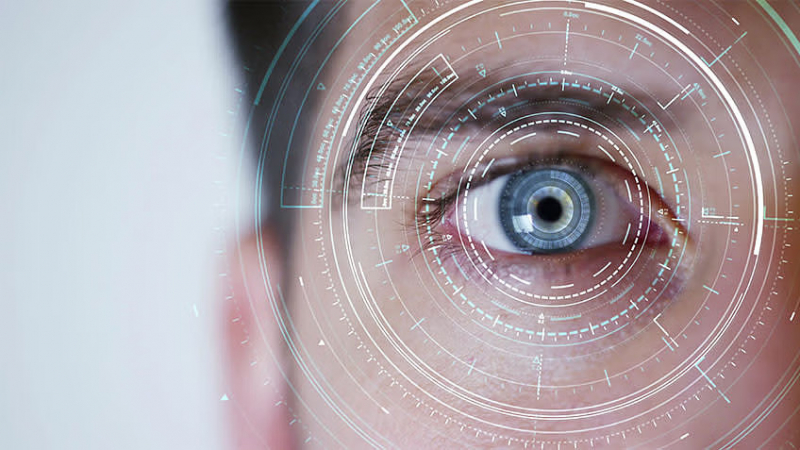
simplilearn.com













